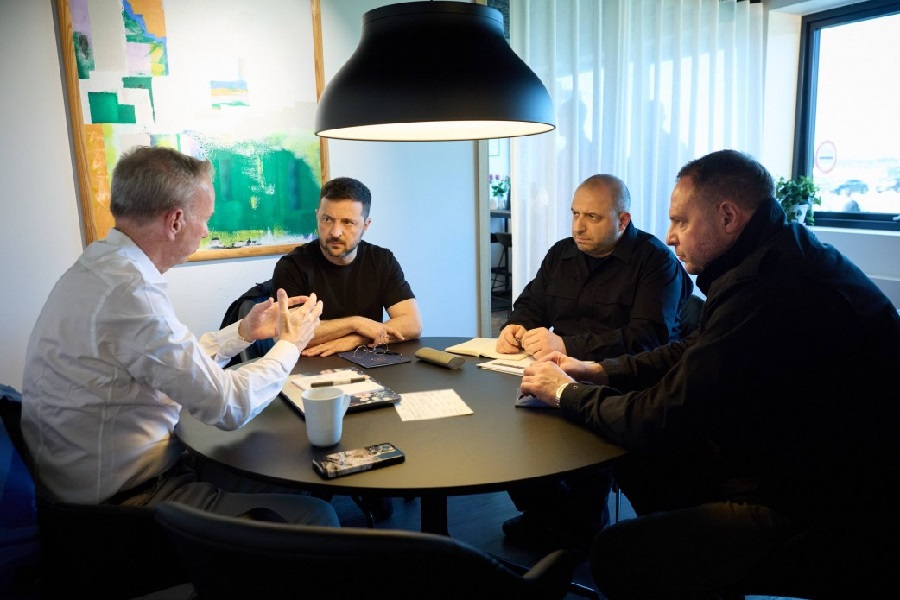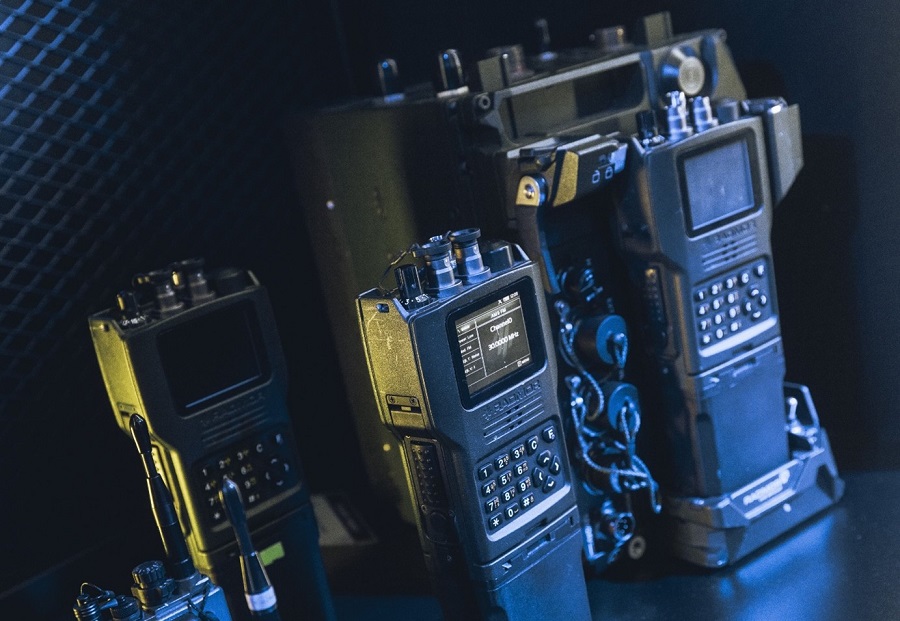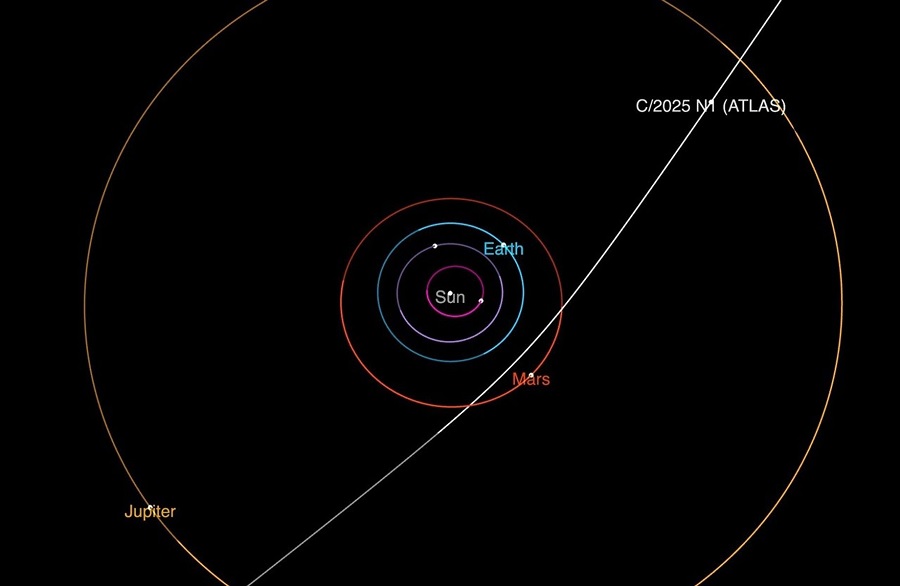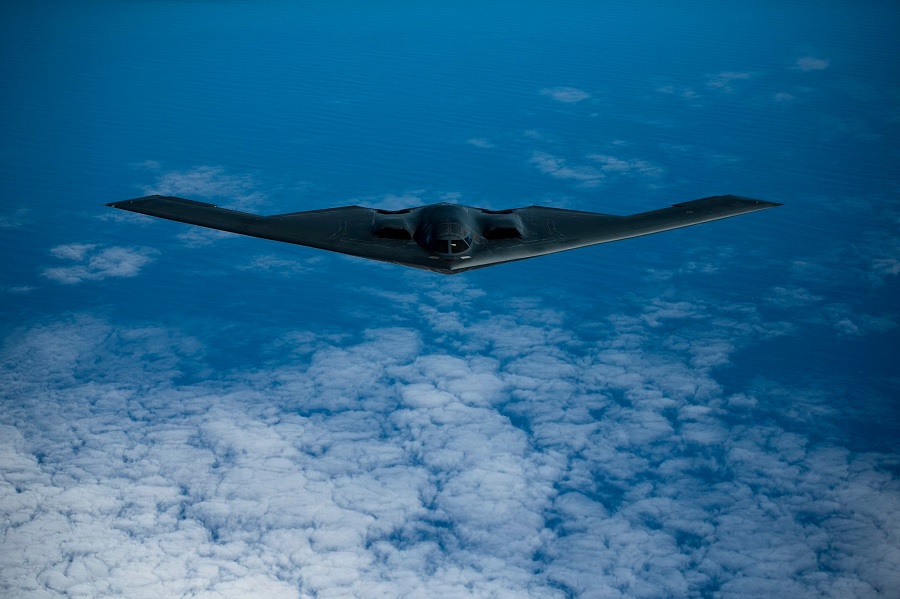The Pioneers of Stealth are a group of over 200 individuals from the U.S. Government and defense industry who worked low observable, or stealth, programs dating back to the 1970s. The memorial recognizes these visionaries, and four key programs that changed everything for stealth and its role in national defense. Two of these programs were developed by Northrop Grumman: Tacit Blue and the B-2 Spirit.
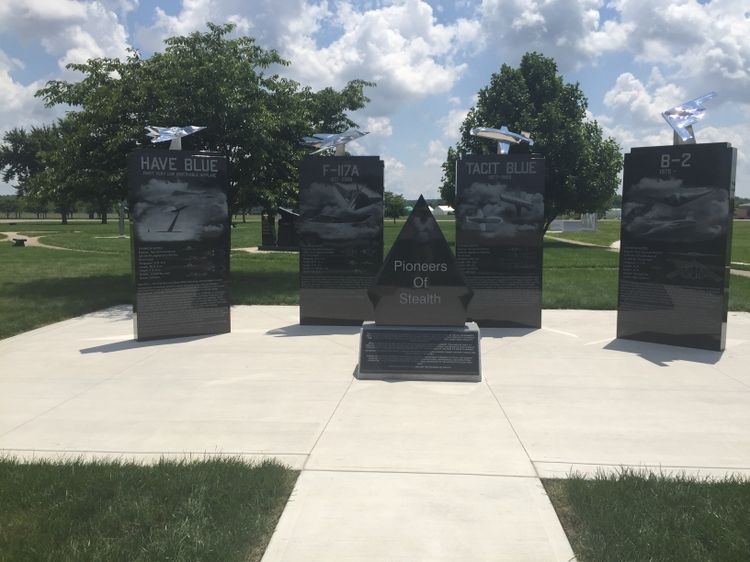
Stepping Stone
The Tacit Blue, a highly classified DARPA initiated program was awarded to then-Northrop in 1976 to expand on low observable development with a focus on avoiding being seen on enemy radar. The experimental aircraft first flew in 1982 and the many stealth, radar and aerodynamic innovations it incorporated laid foundations for development of the B-2 Spirit.
Tacit Blue proved that a stealthy aircraft could have curved surfaces which greatly influenced later aircraft like the B-2 Spirit. Tacit Blue’s design also minimized the heat signature emitted from the engines, further masking its presence.
With its low, “all-aspect” radar signature, Tacit Blue demonstrated that such an aircraft could loiter over – and behind – the battlefield without fear of being discovered by enemy radar. Using advanced sensors, it could also continuously monitor enemy forces (even through clouds) and provide timely information through data links to a ground command center. Moreover, these sensors functioned without giving away the location of the aircraft. The Tacit Blue aircraft flew 135 times before the program ended in 1985.
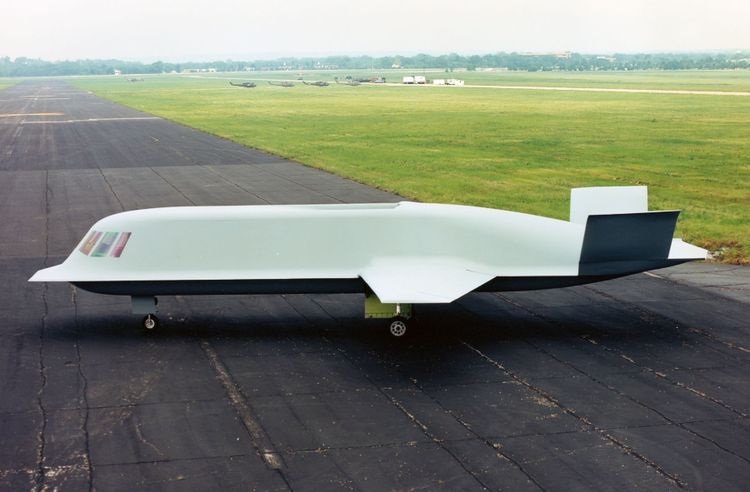
A New Foundation
The commitment and innovation of our company’s team of engineers and designers were tested as many components of the B-2 had to be invented from scratch. That list included tools, a software laboratory, composite materials, special test equipment, and 3-D modeling and computer systems. The Northrop Grumman team also developed new manufacturing processes. With an unmistakable silhouette and flying wing design, the B-2 is one of the most recognized aircraft in the world.
The B-2 provides the penetrating flexibility and effectiveness inherent in manned bombers. Its capability to penetrate air defenses and threaten effective retaliation provides a strong, effective deterrent and combat force well into the 21st century.
The revolutionary blending of low-observable technologies with high aerodynamic efficiency and large payload gives the B-2 important advantages over existing bombers.
Legendary Stealth
Northrop Grumman remains at the forefront of stealth technology as an innovator for the warfighter. With the lessons learned from heritage systems like the Tacit Blue, the company continues to trailblaze in the battlespace with the B-2 Spirit, and soon the B-21 Raider.
The U.S. Air Force continues to fly B-2s today as a center point of the nation’s stealth bomber fleet. Currently, the B-2 is the only long-range penetrating stealth bomber in the U.S. arsenal protecting our service members, nation and global allies. The unique combination of nuclear and conventional capabilities, along with its stealth, long-range strike, heavy payload and precision weapons makes the B-2 an ultimate deterrent.
We are leveraging 21st century technology to continue modernizing the platform through sustainment and digital transformation to ensure the U.S. Air Force maintains its current only long range, dual penetrating stealth bomber.
Enduring Legacy
Northrop Grumman continues to lead the charge in stealth with the world’s first sixth-generation aircraft, the B-21 Raider.
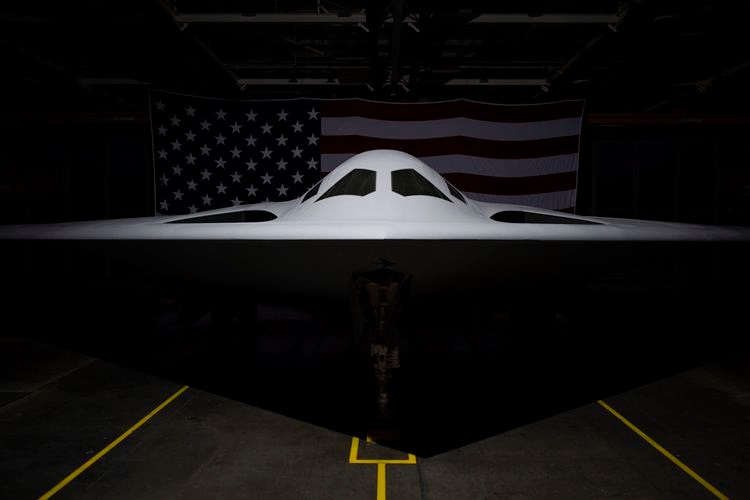
Decades of government and industry collaboration and investment have pushed the boundaries of what is possible, allowing stealth technology to continuously evolve with national security needs; all leading to the B-21 Raider, the next-generation stealth bomber currently in development by Northrop Grumman for the U.S. Air Force.



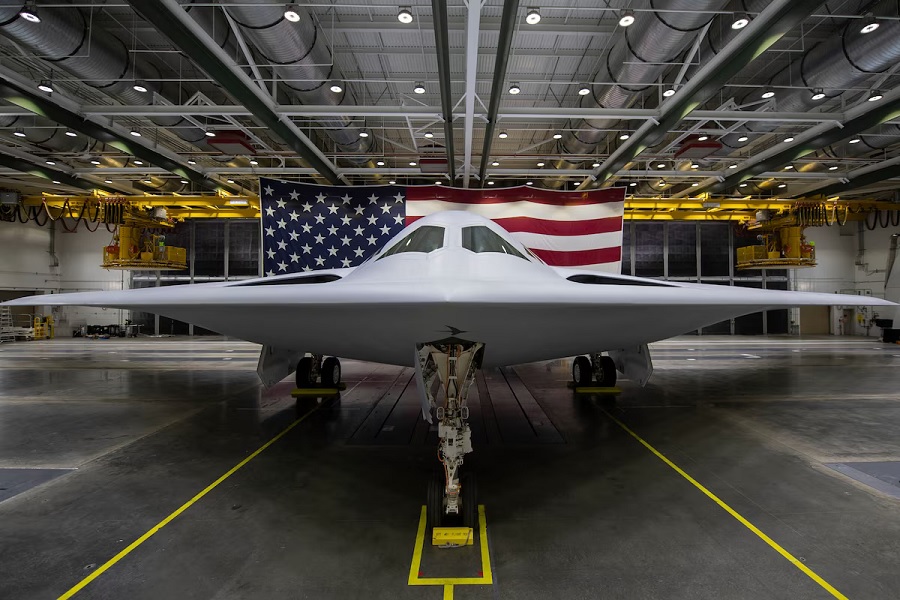

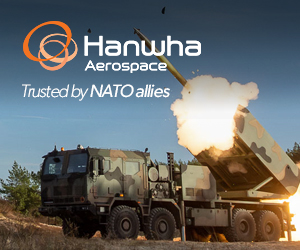
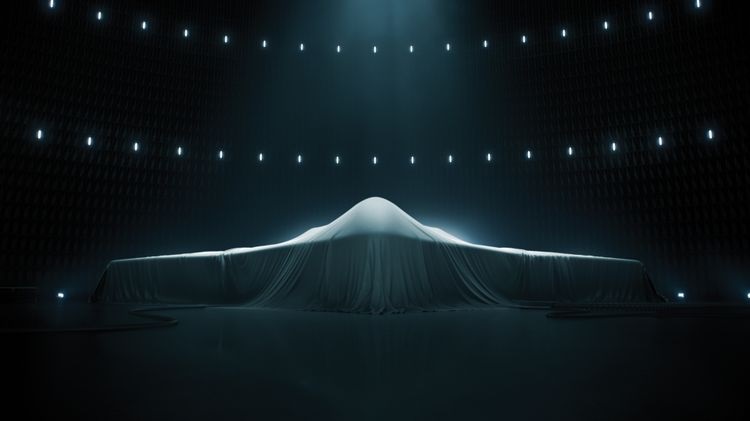
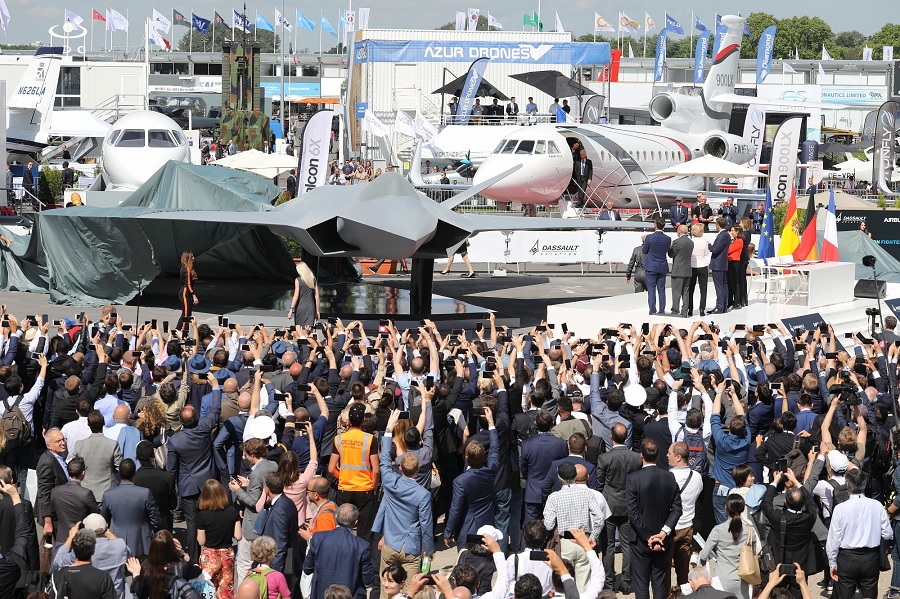
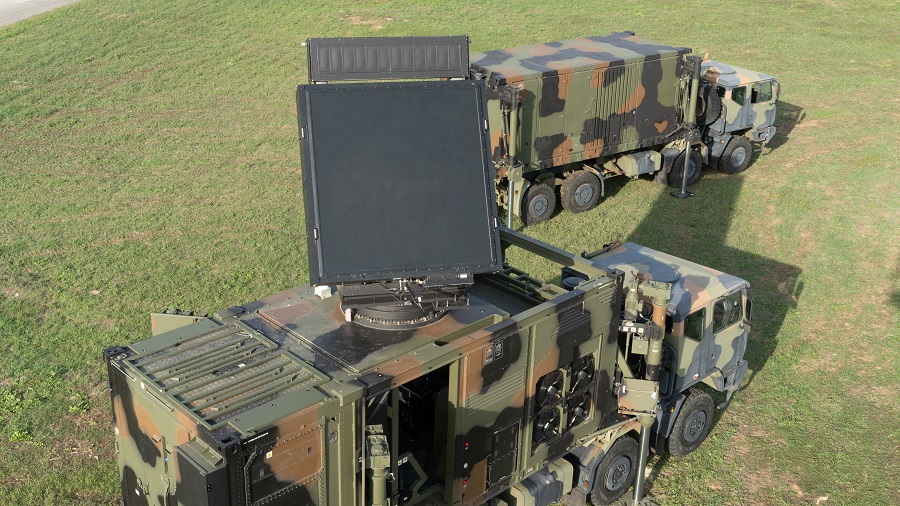
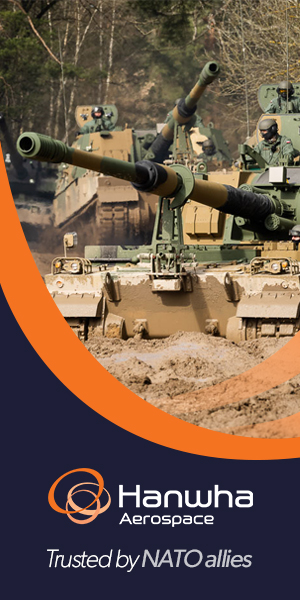
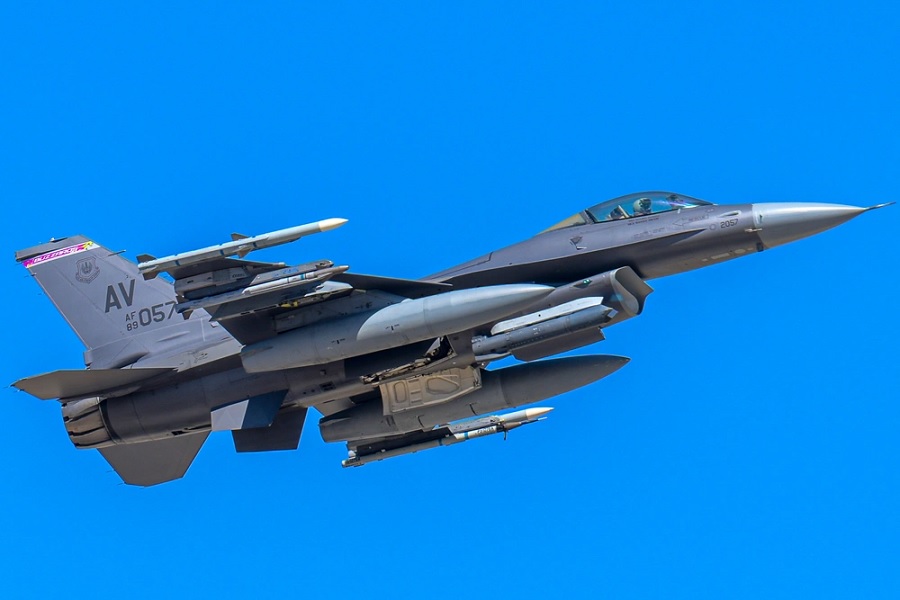
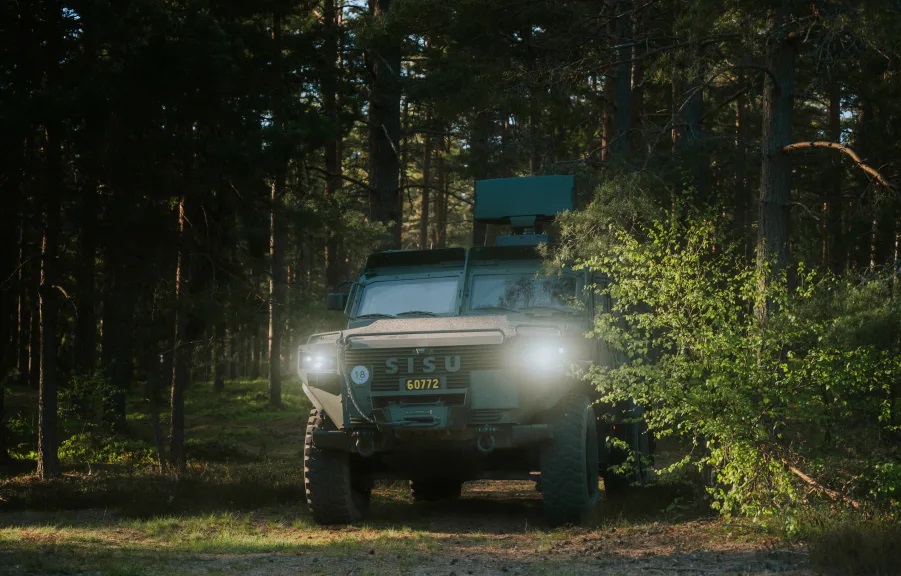
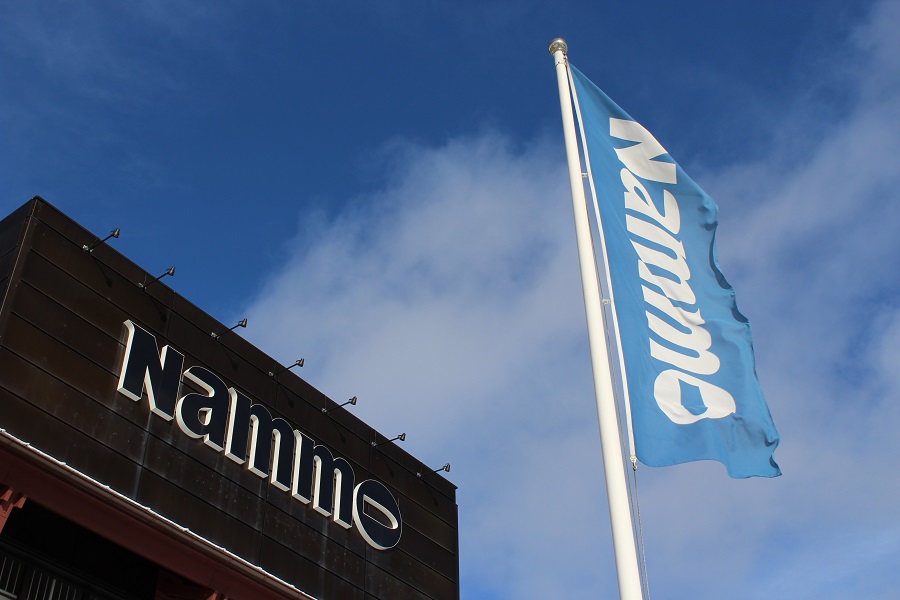
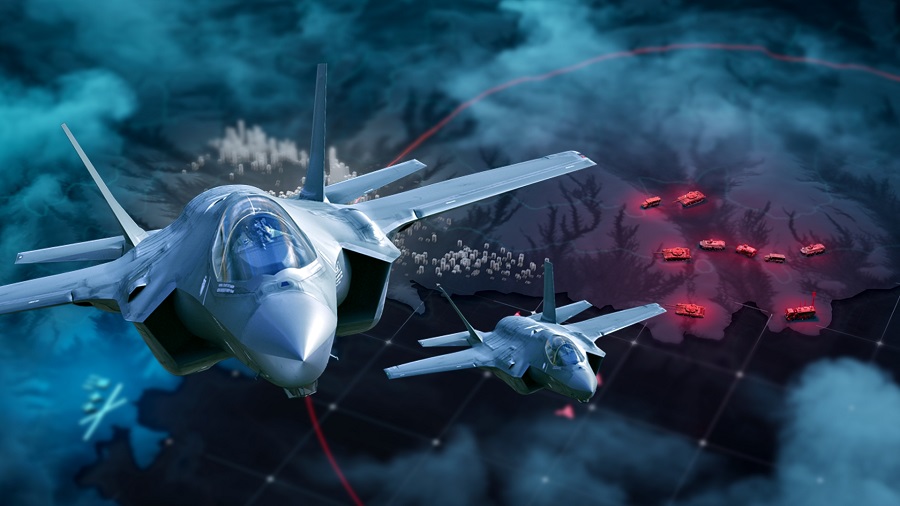
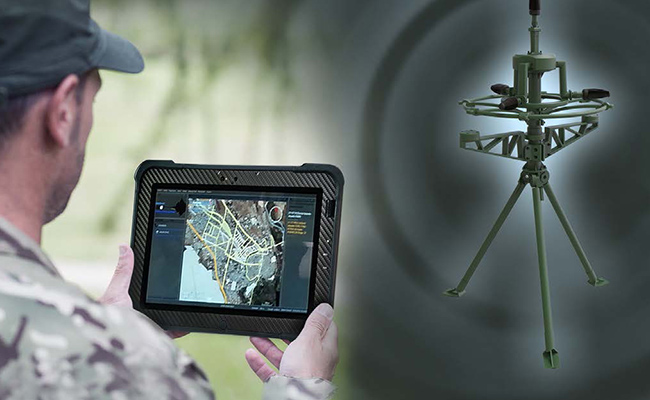
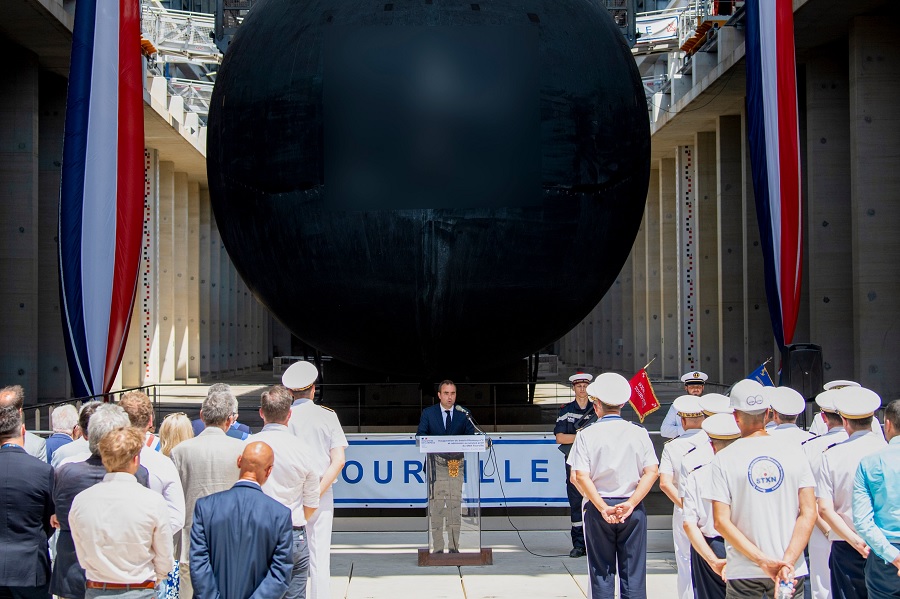
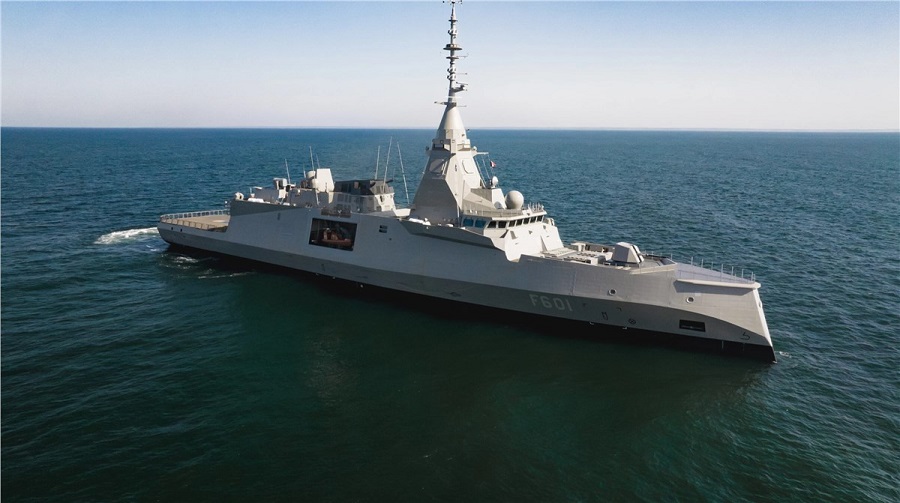
![B-2 Spirit bombers and F-22 Raptor fighters conduct flyover of White House [VIDEO]](https://defence-industry.eu/wp-content/uploads/2025/07/B-2-Spirit-bombers-and-F-22-Raptor-fighters-conduct-flyover-of-White-House-VIDEO.jpg)
